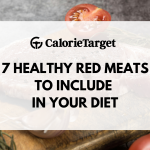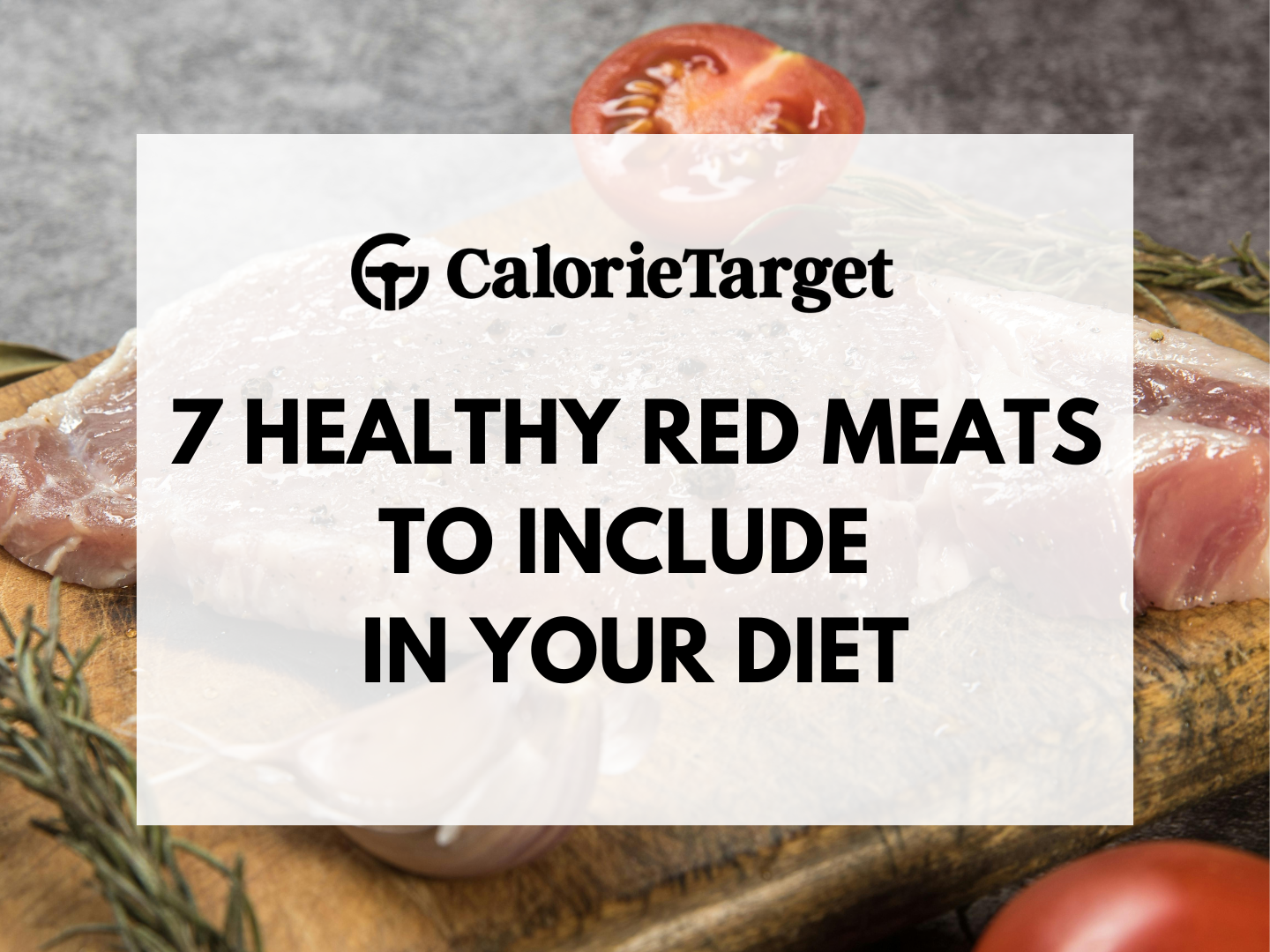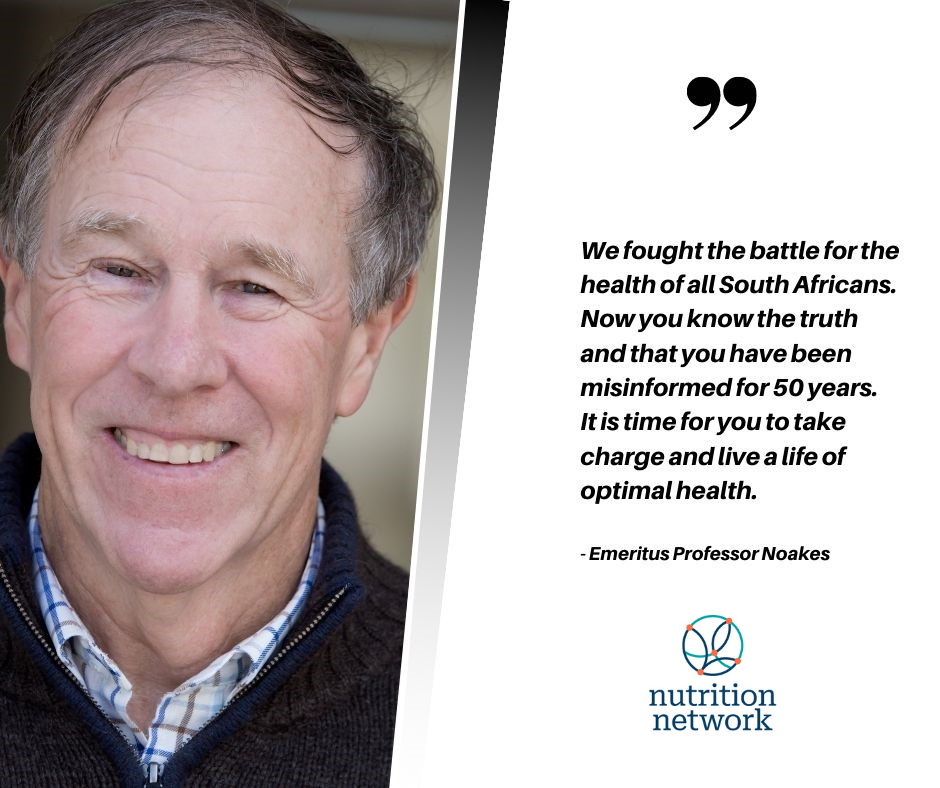
Oranges are abundant in Vitamin CVitamin C, also known as ascorbic acid, is an essential micronutrient. This means our bodies can not make it and we must obtain it from food or supplements. Vitamin C has many roles in keeping our bodies healthy:it acts as an antioxidant,helps with the formation of collagen,aids in iron absorption, and is important for a healthy immune system. Antioxidant Effect: When the body breaks down food or is exposed to things like tobacco smoke or the sun, it creates particles called “free radicals”. Free radicals can cause damage to our cells and have been linked to heart disease, cancer, and other diseases. Antioxidants protect the body against these free radicals, and vitamin C is a powerful antioxidant!Bone health: Vitamin C is important for healthy bones, studies show that increased vitamin C levels can increase bone density. Vitamin C is essential in producing collagen, a protein that gives our bones structure and strength, and help to scavenge those free radicals that are detrimental for bone health.Iron Absorption: Non-heme iron (found in plant-based foods like legumes, tofu, and spinach) has a lower absorption rate than heme iron (found in animal-based foods like meat, poultry, and fish). However, vitamin C enhances the absorption of non-heme iron. So when having foods such as legumes, tofu, or dark leafy greens, adding foods containing vitamin C (such as bell peppers or citrus fruits) can enhance your body’s absorption of iron.Immune Function: Vitamin C plays an important role in our innate and adaptive immune systems. Vitamin C found in the skin helps protect it from pathogens and environmental oxidative stress. In our immune system, we have cells called “neutrophils”, their primary job is to ingest and destroy foreign pathogens in the body. These neutrophils then need to be cleared out of the infection area, and these cells need vitamin C to carry out their functions. Vitamin C deficiency can impair immune function and increase susceptibility to infection. Recommended vitamin C intake is dependent on age and health status, below are the recommended daily intakes in milligrams for the average healthy individual:75mg (males), 65mg (females)90mg (males), 75mg (females)Breast/chestfeeding teensBreast/chestfeeding AdultsVitamin C can be obtained through food and supplementation Food Sources: The foods highest in vitamin C are fruits and vegetables, such as those listed below. Eating a diet rich in fruits and veggies can provide your body with the right amount of vitamin C without requiring a supplement.Kiwi’s have 64 mg of Vitamic C!Because vitamin C is a water-soluble vitamin cooking methods can affect the retention of the nutrient. Blanching, steaming, and microwaving are the best ways to retain vitamin C in foods. The good thing is the best food sources of vitamin C, such as citrus fruits, are often eaten raw!2. Supplementation: Another way to obtain vitamin C is through supplementation, most multivitamins contain vitamin C, and it is also available as a supplement on its own. Most vitamin C supplements are in the form of ascorbic acid, but can also be found in the form of sodium ascorbate, calcium ascorbate, other mineral ascorbates, and ascorbic acid with bioflavonoids. However, we always recommend focusing on food first by eating enough vegetables and fruit everyday rather than relying on a supplement!Vitamin C deficiency is not a great concern for the general population of North America, most individuals consume enough. However, certain groups of people are at higher risk for inadequate intake:Smokers: Research shows that smokers have lower levels of vitamin C in their bodies. Smoking causes more oxidative stress, therefore more vitamin C is needed to repair the damage. For this reason, smokers need an extra 35 mg/day of vitamin C than nonsmokers.People who eat a limited diet: Certain fruits and vegetables are high in vitamin C but lots of foods contain some amounts of vitamin C, so eating a variety of foods in your diet should allow you to get enough. Those who do not eat a varied diet could be at risk for lower intake levels. You can book with one of our dietitians today to assess your current diet and if a vitamin C supplement is right for you! Chronic diseases: Chronic diseases and malabsorption could increase an individual’s vitamin C needs or interfere with its absorption. This puts these individuals at a higher risk for low vitamin C levels. Examples include cancer, kidney disease, and hemodialysis. You can book with one of our dietitians today to assess your current diet and if a vitamin C supplement is right for you! Symptoms of Vitamin C DeficiencyAlthough it could take months for symptoms to develop with chronic low intakes of vitamin C, the following are some signs to look out for:Can you have too much Vitamin C?Vitamin C is a water-soluble vitamin and does not build up in our body This means it has low toxicity, and does not cause any serious adverse effects. However, intake above 1000 mg/day can lead to lower absorption rates of vitamin C. The following are some symptoms of too much vitamin C:DiarrheaNauseaAbdominal cramps The UL (tolerable upper intake) for vitamin C is 2000 mg/day. Vitamin C does so many things to keep us healthy, it keeps our bones and tissues healthy and strong through the production of collagen. It helps the cells in our immune system carry out their functions and fight foreign pathogens in the body. It even helps increase the absorption of plant-based iron in the body! For all these reasons it is important to include a variety of foods in your diet to ensure adequate vitamin C intake. If you are concerned about your daily intake of vitamin C and wanna discuss ways to improve your intake book an appointment today with one of our registered dietitians.
Stay Healthy with Vitamin C!










